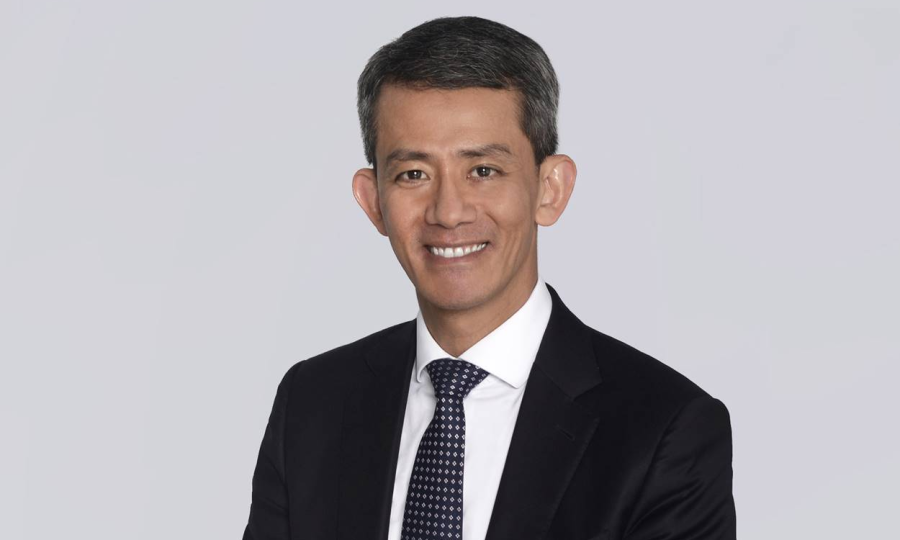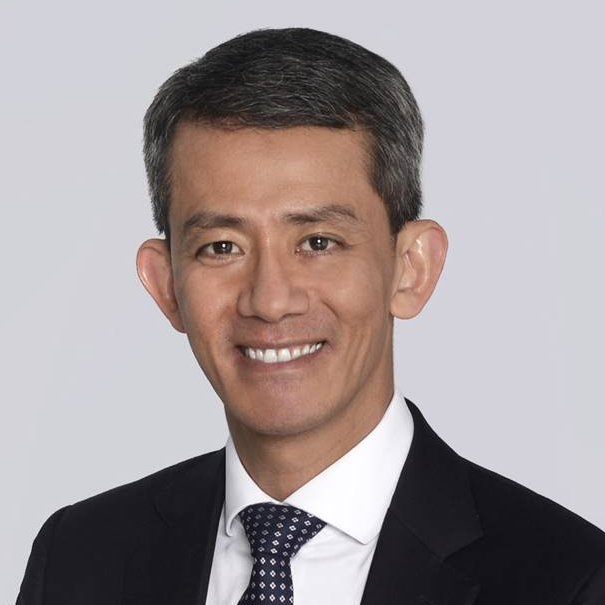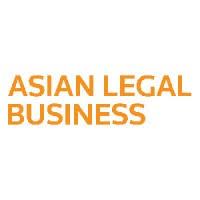
The breadth of legal talent available throughout Southeast Asia is impressive. All this talent is in full display in ALB Southeast Asia’s Top 15 Litigators 2023 ranking, which include entries from seven countries across the region.
Can you share some of your most notable practice highlights from the past year? What were some of the key cases or achievements that stood out for you as a litigator?
We recently secured a US$926 million judgment for a former Prime Minister of Georgia against Credit Suisse Trust for breach of trust leading to losses in an investment portfolio worth over US$1 billion. The case received extensive media coverage worldwide, including Bloomberg, Reuters, CNN and the Wall Street Journal.
I also succeeded in winning US$146 million in damages for Shanghai Electric, a Chinese government-linked energy group, in a SIAC dispute with India’s Reliance Infrastructure over outstanding payments for a coal-fired power plant project. India’s Reliance Infrastructure has now applied to the Singapore International Commercial Court to set aside the SIAC award on the grounds of fraud, and Shanghai Electric has again put their trust in Drew and turned to me and my team to defend the award before the Court.
What guiding principles or strategies do you employ in the courtroom to effectively represent your clients and navigate the intricacies of the legal system?
The first step is to understand one’s case fully. This includes both researching the law as well as establishing all the facts of the case. The latter involves digging deep into the documents and also interrogating one’s client to get total clarity on what happened. The process I follow is not simply to take client’s instructions but to actually challenge and test the facts that I am presented with. Having rigorously established the facts, the next step is to advise the client. If they have a strong case, then we can press on to Court. If not, other options like mediation have to be seriously pursued. Should the client’s case be worth pursuing in Court, then we are by then usually in a very good position to litigate since we have really examined all the facts and tested the evidence before commencing litigation. Thereafter, it is just a process of doing everything to get to the truth and display that for the Court to see.
What have been some of the evolving trends and developments in the litigation space in your jurisdiction? How do you stay ahead and ensure success for your clients?
More and more of the work before the Singapore Courts is international in nature. Commerce is never limited by geographical boundaries, and so our clients’ problems come with a distinctly multi-jurisdictional facet. So one has to understand different cultures and different legal systems to be able to be put one’s arms around a corporate or commercial dispute. A deep knowledge of Private International law is critical, and more and more elements of public international law are also important in cases before the Singapore Courts. These are other aspects of modern litigation which lead to an increasing complexity that litigators have to master. The only way to stay ahead in the midst of this ever-increasing complexity is to approach the job with a real desire to keep learning. This includes understanding new businesses (e.g. cryptocurrency exchanges), keeping abreast of changes in the law, and learning about new countries (I learned a lot about mining in Papua New Guinea this year!). Litigators can lead interesting lives if they welcome continuous learning.

